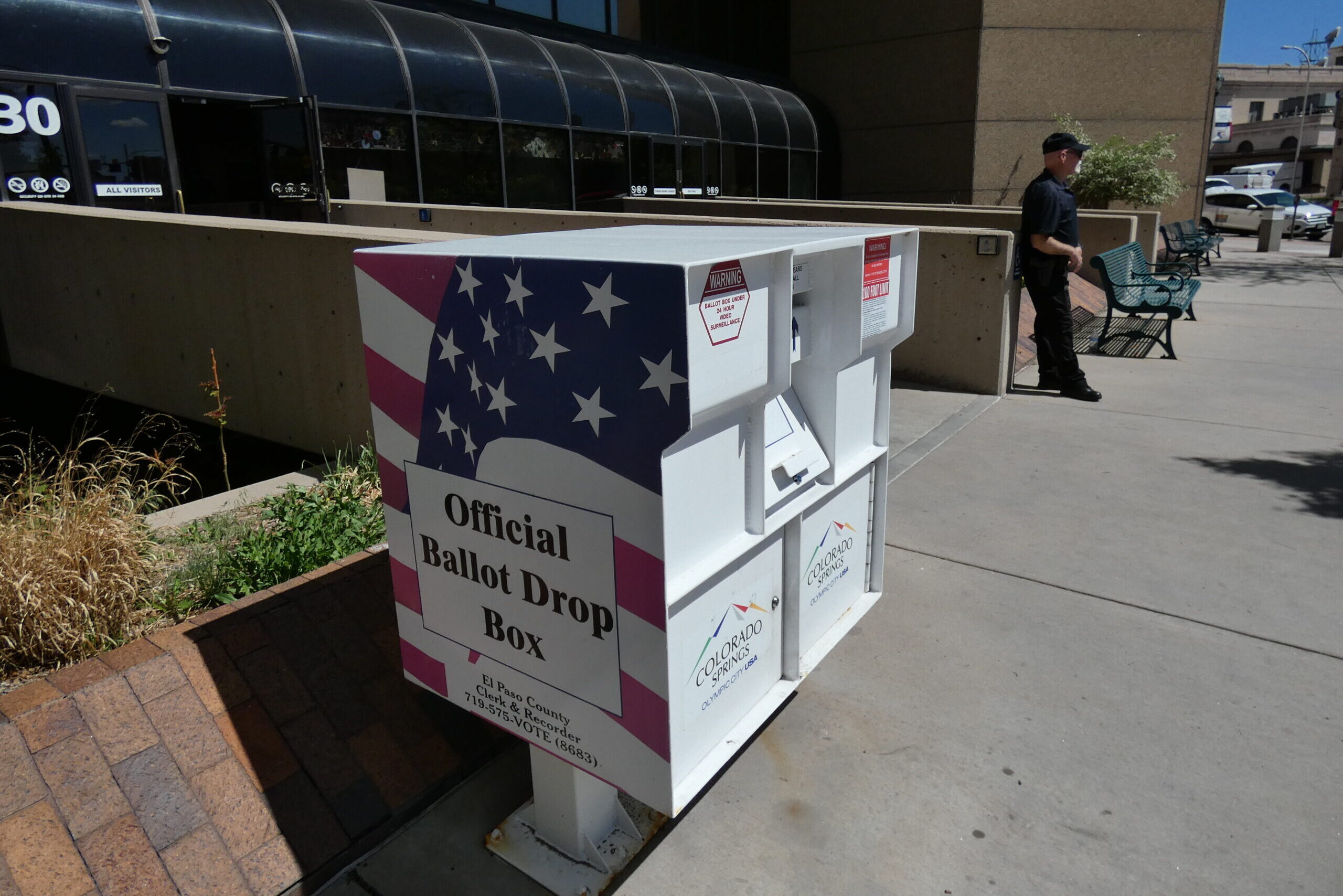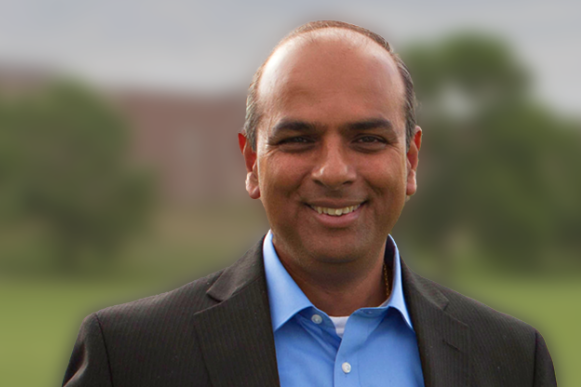Energy development is always a hot topic at the statehouse, but 2015 was oddly quiet. Even with recommendations from a task force studying the issue, state lawmakers did little this past session where oil and gas drilling is concerned. As a result, some of the more long-standing issues as local control and public health concerns are still simmering.
Part of that relative silence was due to timing. On one hand, lawmakers spent the first half of the session waiting for Governor John Hickenlooper's task force to make its recommendations before introducing bills. On the other hand, there was the split legislative control.
"I think there was a pretty strong recognition that any bill kind of bill that would have been introduced in the House and passed the House, it probably wouldn't have gotten through in the Senate," said Representative Mike Foote (D-Lafayette). "The oil and gas industry has a lot of friends in the Senate."
Oil and gas issues don't fall entirely on party lines, but Republicans did pick up a one-seat majority in that chamber in the election. Democrats maintained a small majority in the House. The task force was created to avoid a fight at the ballot box, but Foote said his constituents expected lawmakers to do more than they did.
"I don't think there was a lot of satisfaction with the task force recommendations; they recommended a few things that were pretty minor frankly. The task force did not get to the heart of the matter, which is the increased local control that a lot of people want to see," said Foote.
The task force did offer up one proposal that would get local governments more involved in developing large drill sites, but it stopped short of allowing cities and counties to adopt stricter rules than the current state standards or banning development altogether. Gov. John Hickenlooper said it's an ongoing process.
"We're always trying to find ways to arrive at cleaner water and cleaner air and finding less money doing so," said Hickenlooper. "Noble and Anadarko are willing to invest the money."
So too were state lawmakers to some degree.
The Legislature approved more money for additional oil and gas inspectors and enforcement staff and more money to study the health impacts associated with oil and gas drilling.
"Really for the first time we saw the industry stepping up and saying we respect property rights, but when we're operating close to where people live we have to have different standards, that's real progress," said Hickenlooper, speaking to shift in the broader discussion among companies.
The Colorado Oil and Gas Association agrees that companies have made a lot of strides.
"I think [what] we finally saw this last session is the culmination of four years of doing the unsexy work of talking, negotiating, working with so many stakeholders, to where we can truly begin to separate those concerned citizens that we need to have a conversation with, with those activists who just want to ban oil and gas," said Doug Flanders, spokesman for the Colorado Oil and Gas Association.
The industry trade group has been putting more money into public outreach and recently launched a monthly podcast to try and communicate with new groups of people. The goal is to shed a light on the regular people working in the energy industry.
"People like to think of 'Big Oil,' that we're some monolith and they all think alike. We support 110,000 jobs. It's families, like the same people that protest us," said Flanders.
Despite a quieter legislative session on the policy front, the underlying issues of local control and drilling are not going away any time soon. Stan Dempsey, the head of the Colorado Petroleum Association, thinks there will be a version of a fracking ban going before voters in 2016.
"There's going to be a not so well funded ballot initiative from the community activists folks," he said. "The question is whether Tom Steyer will step in, will Jared Polis step in."
Big Democratic donors like environmentalist billionaire Steyer and Congressman Polis – who funded a ballot push in 2014 – could help fund a ballot initiative in the 2016 presidential election year, but it is uncertain. Colorado will also have a U.S Senate seat in play that year.
"If the likely Democratic nominee is Hillary Clinton, I think she's made positive statements about oil and gas," said Dempsey. "It may not be the issue they want to focus on, there's lot of other issues affecting the United States."
It would also divide Democrats since Gov. John Hicknlooper is strongly opposed to any ballot initiatives to restrict development. Like the legislature itself in the 2015 session waiting for the task force, it'll be a wait and see approach to see how oil and gas issues shake out in Colorado going forward.







